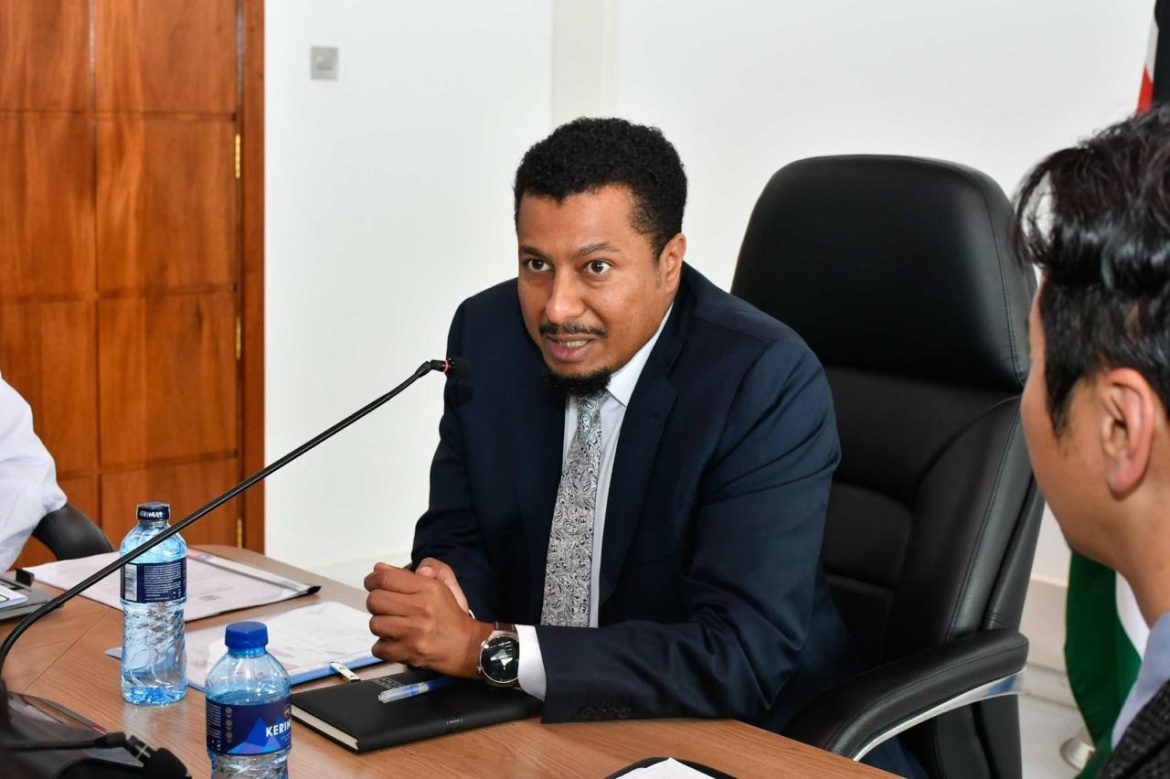Mama Ibado Charity (MIC) is making one last call to Kenyans who care about the country’s elderly. The registration window for the ‘Run for Seniors’ is closing soon — and if you haven’t signed up, now is the time.
The charity has recorded a major surge in support this year. From private citizens to large companies, many have registered, donated, and pledged to run. The goal? To raise funds for food and medical care for over 1,000 elderly people in Isiolo and Kakamega.
According to MIC, the high turnout has made it necessary to consider closing the registration process earlier than expected. The organizing team says they want to allow enough time to manage logistics and plan the event properly.
Moses Mwangi, Managing Director at 748 Air Services and a key figure in the organizing committee, says this is more than a charity run — it’s a national statement.
“This race is about action. Not just talk. If you say you care about our elders, this is your moment to show it. There are thousands already onboard, but we want those who’ve been delaying to understand this isn’t just another event. It’s a responsibility,” Mwangi said.
The race is open to all Kenyans, with three running options: 5 kilometers, 10 kilometers, and 15 kilometers. Whether you’re walking or running, there’s a slot for you.
To register, participants pay Ksh 2,000. The amount covers a race T-shirt, a medal, and—most importantly—helps fund MIC’s flagship eldercare programs. These include monthly food distributions and access to essential health services for seniors who are often left out of mainstream support systems.
MIC President Ahmed Jibril says every participant is helping rewrite how Kenya treats its aging population. “We want dignity to be part of old age, not struggle. You may not be old now, but one day you will be. The actions we take today will shape what that future looks like,” said Jibril.
The charity has also appealed to Kenyans who may not be able to run to contribute by donating. Every shilling goes toward helping senior citizens live with dignity, access medicine, and avoid hunger. Even helping spread the word can be part of the solution.
As Kenya’s healthcare system continues to face pressure, elderly people—especially those in rural areas—remain the most at risk. MIC’s programs fill the gap where state systems have failed. But they rely on public support to do so.
The ‘Run for Seniors’ is more than a race. It’s a statement. It’s a message that the elderly are not invisible. They deserve to be seen, supported, and celebrated.
If you’re reading this and haven’t registered, ask yourself: what will you do when you’re old? Will anyone run for you?
Now is your chance to run for someone else.


















